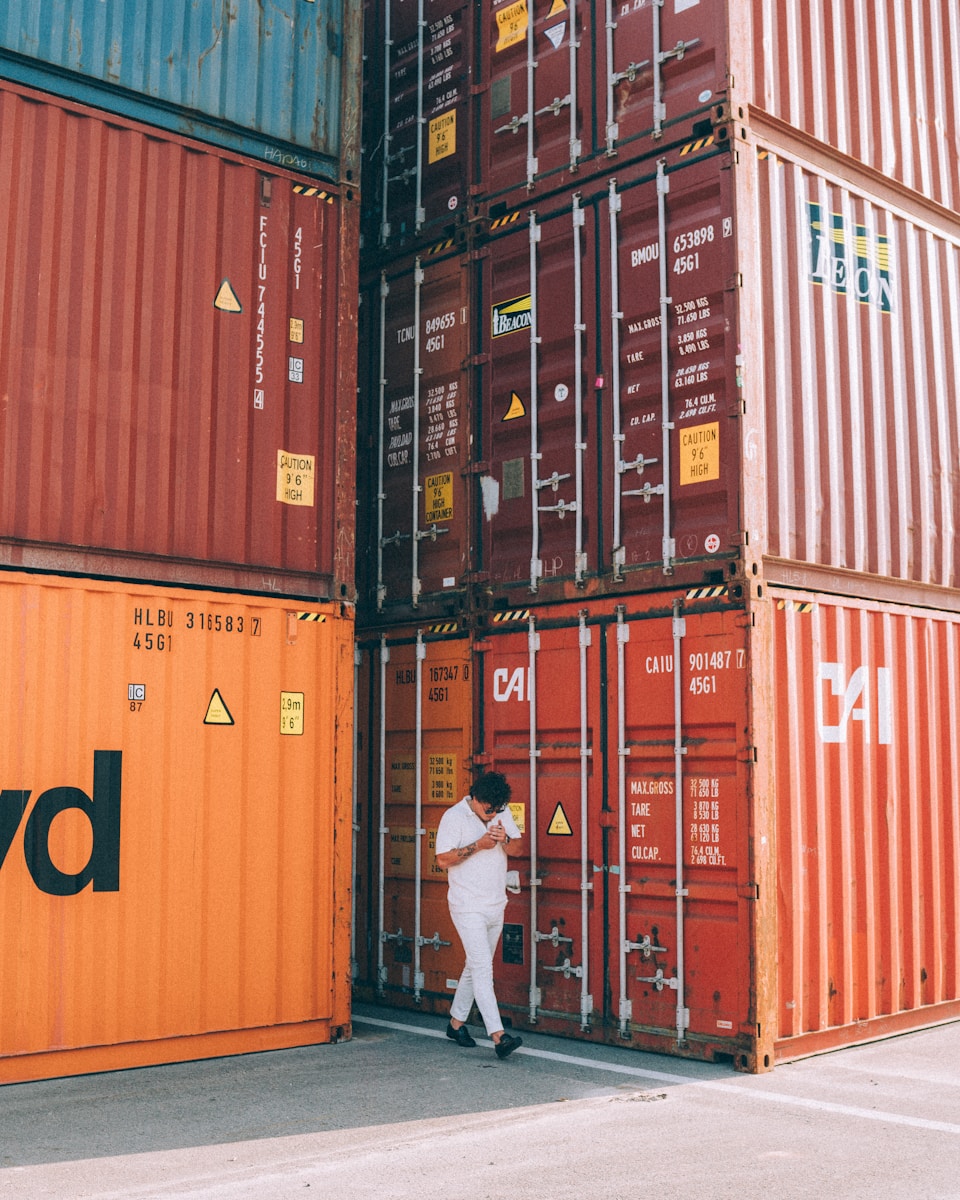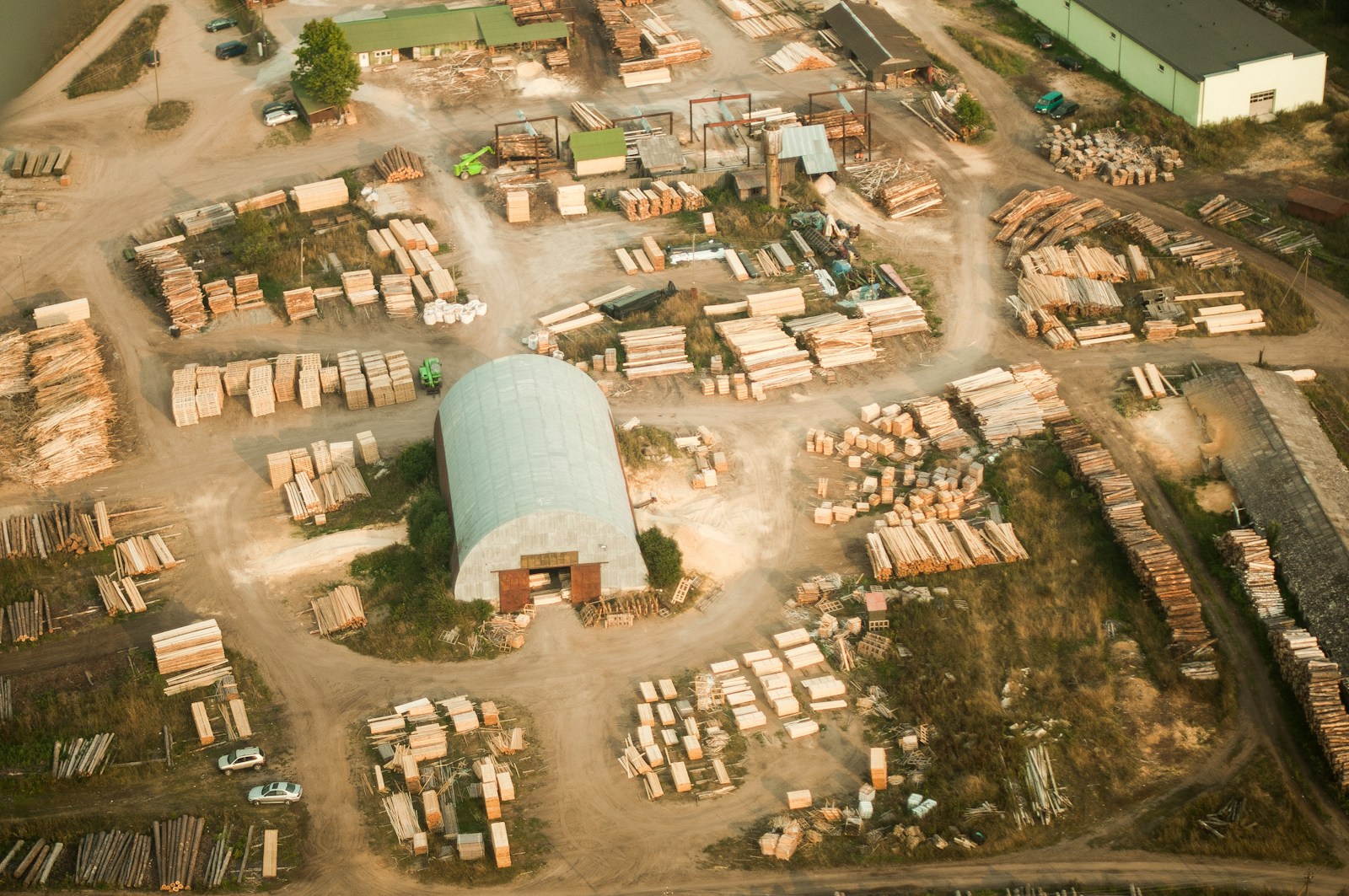Trade Credit Insurance: Africa’s Ongoing Battle with Financial Risk
While global markets breathed a sigh of relief in 2024 with a 25% decline in trade credit insurance claims, one region refused to follow suit—Africa. Despite the worldwide downward trend, the continent remained a hotspot, generating a staggering 71% of all reported claims. This glaring contrast invites a deeper look into why Trade Credit Insurance remains a crucial tool for businesses operating in and around Africa.
In today’s highly interconnected world, political instability, economic unpredictability, and fragile infrastructure continue to plague emerging markets. Trade credit insurance acts as a protective shield, allowing companies to expand safely into these territories. But the risks remain painfully real—and disproportionately concentrated in Africa.
The Illusion of Decline: Why Africa Still Drives the Numbers
On the surface, the global drop in insurance claims might suggest improved economic stability. But in reality, this number hides a regional disparity that cannot be ignored. While other continents showed signs of recovery, African markets faced recurring defaults, delayed payments, and abrupt trade disruptions—particularly in high-exposure sectors like construction, energy, and transportation.
Survey data reveals that even as claim volumes fell globally, the value of each African claim increased. Companies doing business on the continent are often left grappling with large unpaid debts, threatening their liquidity and operational continuity. Trade Credit Insurance offers these firms a lifeline—but it’s one they cannot afford to misjudge or delay.
Infrastructure and Instability: A Dangerous Mix
One of the key drivers behind Africa’s dominant claim figures is its fragile infrastructure. Many countries in the region lack reliable power, road, and port systems—conditions that increase project delays, cost overruns, and payment failures. When combined with political instability and currency volatility, these factors become a recipe for elevated risk exposure.
Even large-scale international contracts are not immune. Projects backed by foreign investment often collapse due to regulatory uncertainty, civil unrest, or mismanagement. This leaves foreign suppliers and service providers vulnerable—unless they’re protected by Trade Credit Insurance.
When Missed Payments Turn Into Business Nightmares
In regions where payment terms are often flexible and enforcement mechanisms are weak, a single missed invoice can turn into a full-blown financial crisis. Small exporters working with African partners frequently experience sudden defaults, often with no legal recourse. This leaves companies scrambling for cash, delaying payroll, or canceling expansion plans altogether.
Here comes the true value of Trade Credit Insurance: it not only reimburses the lost revenue but also gives companies the psychological safety to pursue growth without the fear of unpaid transactions dragging them down.
Faster Payouts in High-Risk Regions? Yes—Here’s Why
It might seem counterintuitive, but claims in high-risk regions are often paid faster. Why? Because underwriters anticipate problems and design response protocols ahead of time. In Africa, many insurers maintain specialized response teams to process documents, assess defaults, and verify loss legitimacy quickly.
According to insights published by Euler Hermes Economic Insights, insurers serving volatile markets build tighter claim pipelines to protect client confidence. This allows companies to resume trade activities even after a major disruption—making Trade Credit Insurance not just a safety net, but a trade enabler.
Bridging the Gap: How Insurance Supports Market Entry
For businesses looking to enter Africa’s emerging markets, credit insurance acts as a silent partner. It allows CFOs and trade managers to green-light deals in sectors or regions that were previously considered too dangerous. By doing so, it helps bridge the gap between global opportunity and local uncertainty.
But it’s not just about money—it’s about trust. With a solid Trade Credit Insurance policy, even first-time exporters can build partnerships confidently, knowing that they are protected against the unpredictable nature of cross-border finance.
Sector Spotlight: Infrastructure Projects in the Crosshairs
Infrastructure remains one of the most affected sectors when it comes to payment defaults in Africa. Delays in government disbursements, corruption, and legal bottlenecks often derail projects, leaving foreign contractors unpaid. From road building to energy grids, the financial stakes are high—and so are the risks.
Trade Credit Insurance helps infrastructure players absorb these shocks. It ensures that businesses don’t fall into financial ruin when a client delays or cancels payment due to bureaucratic or political interference.
Lessons from Mauritius: Navigating Regional Risk Smartly
Although Africa poses significant challenges, certain markets within the continent, like Mauritius, demonstrate how stable governance and sound financial practices can reshape the narrative. By investing in transparent institutions and encouraging foreign partnerships, Mauritius has lowered its credit risk profile considerably.
This success is covered in more detail in our internal feature on Mauritius as a Regional Financial Hub. It shows how even within high-risk zones, strategic planning and targeted reforms can turn the tide for businesses and investors alike.
Claim Processing: Fast but Not Foolproof
Even though many insurance claims are processed quickly, businesses must navigate several checks and verifications before payout. Policyholders are expected to provide detailed documentation, communicate timely, and adhere to reporting standards. In volatile environments, delays in documentation or missing proof can jeopardize compensation.
Companies operating in high-risk regions must invest in training and internal processes to maximize the value of their Trade Credit Insurance. Proper compliance ensures that when the need arises, the safety net will perform as intended.
Digital Transformation: The Next Frontier for Credit Insurance
As Africa rapidly digitizes its economies, trade ecosystems are evolving. Mobile money, fintech platforms, and blockchain-based transaction tools are becoming increasingly common. These innovations open up new avenues for international trade—but also introduce new types of risks that traditional insurance models weren’t built to handle.
Forward-looking Trade Credit Insurance providers are already adapting. Some insurers now offer tech-integrated policies that monitor payment behavior in real-time, flag suspicious delays, and even predict default likelihood based on artificial intelligence. This proactive approach transforms the insurance process from reactive to predictive.
Moreover, digital documentation and smart contracts reduce disputes and speed up claims processing. When a buyer defaults, the insurer can access validated transaction records instantly, accelerating payouts and minimizing business downtime. This is especially important in African markets where data integrity and paperwork delays have historically slowed recovery.
The ability to blend digital innovation with financial protection may define the next chapter of global trade. For African businesses and their foreign partners, it’s a revolution in risk management—and a necessary one.
Conclusion: Insurance is No Longer Optional
For companies trading with Africa, Trade Credit Insurance is not just a financial product—it’s a strategic necessity. The continent offers immense growth potential, but it also presents unmatched levels of uncertainty, especially in sectors like infrastructure, agriculture, and mining.
While the global decline in claims might suggest a more stable trading environment, the concentration of claims in Africa paints a more nuanced picture. Success in this region depends on preparation, risk awareness, and strong financial safeguards.
Whether you’re a seasoned multinational or a first-time exporter, protecting your receivables is crucial. The risks are real, but so are the rewards. With the right coverage, African markets can go from being intimidating to becoming a frontier of possibility.
Trade Credit Insurance isn’t just about avoiding losses—it’s about enabling bold moves, unlocking new markets, and building resilience in an unpredictable world.




